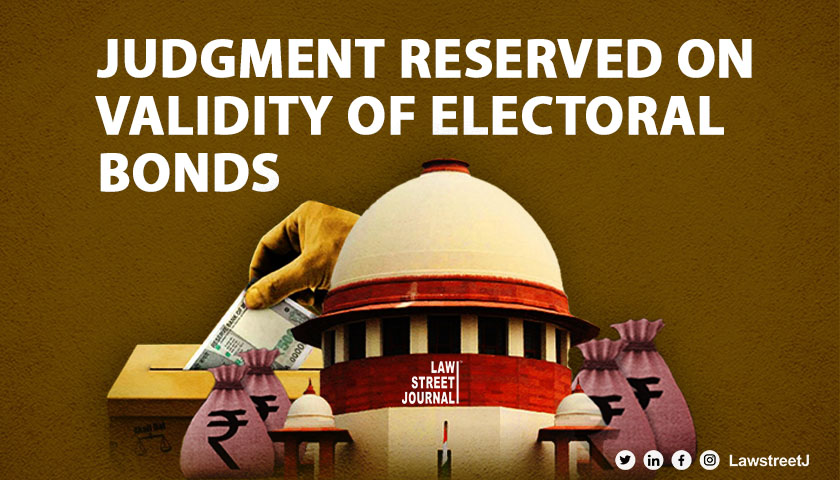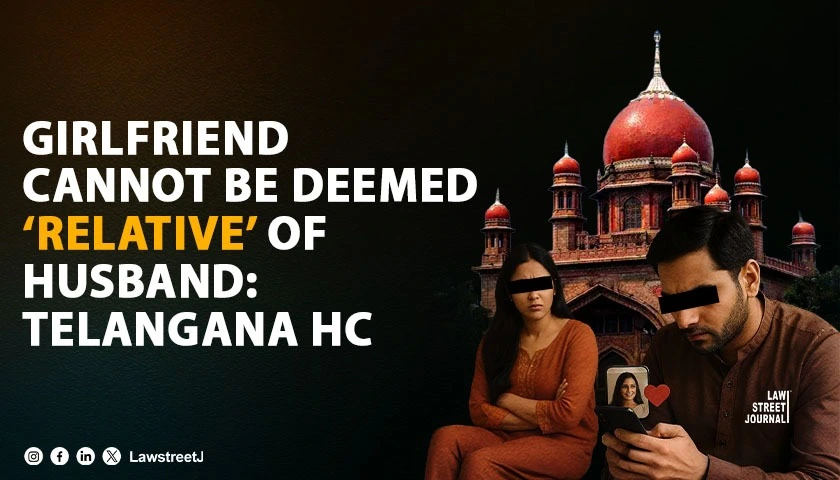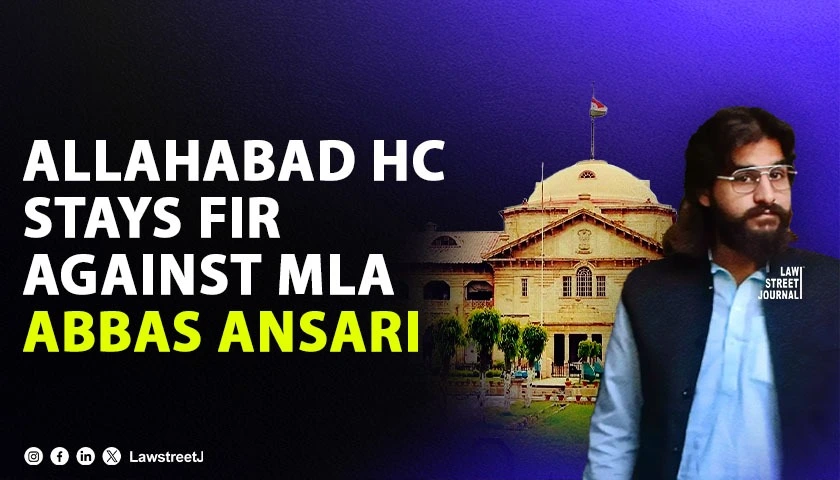NEW DELHI: Chief Justice of India B R Gavai has cautioned that technology can act as a double-edged sword, which may also lead to unparalleled divides.
"A primary concern is the digital divide, where unequal access to internet connectivity, devices, and digital literacy can lead to the exclusion of marginalised communities who already face barriers to justice," he said.
The CJI highlighted the transformative power of technology in enhancing access to justice in a vast, diverse, and complex country like India.
Speaking at the international symposium on 'The Role of Technology to Improve Access to Justice' at the University of Cambridge, the CJI Gavai said technology must enhance the judicial functions and cannot be allowed to replace the decision making process.
"The path forward demands adherence to fundamental principles. Technology must enhance rather than replace judicial functions, particularly reasoned decision-making and individual case assessment. We must ensure that automated systems support rather than supplant judicial judgment," the CJI said.
Underscoring that the essence of access to justice extends beyond the mere existence of courts and laws, he said, it includes the creation of meaningful pathways for people to understand, navigate and utilise the legal system effectively, while removing barriers that prevent citizens from exercising their constitutional rights.
"Traditionally, barriers to justice were understood through three primary obstacles. Geographical isolation kept rural communities distant from courts and legal representation. Social barriers excluded marginalized groups from legal institutions, and economic constraints priced out working families from accessing legal services. These challenges created a justice system that, while constitutionally sound, remained practically inaccessible to large sections of society. Furthermore, the nature of these barriers has evolved significantly in our interconnected world," he said.
The CJI said such barriers are now being diluted with the help of technology. Access to justice represents the backbone of any fair and equitable legal system, he pointed out.
He pointed out the Covid-19 pandemic served as a catalyst for rapid technological adoption within the judiciary, and what began as a temporary adaptation has now evolved into a permanent and integral feature of our justice delivery system.
"Video conferencing technology has made the most impact on accessibility to the court. A lawyer practicing in rural Bihar or rural Maharashtra can now appear before the Supreme Court without the expense and time of travelling to Delhi, which has democratised access to the country's highest court, ensuring that geographical location no longer determines the quality of legal representation available to citizens. Vulnerable witnesses, particularly children, can now testify without being physically present in intimidating courtroom environments," the CJI said.
He further said technology is being integrated in the quest to make justice more accessible. However, the population of India is marked by diversity, and therefore, a straight jacket approach to ensure justice will fail to establish the end goal of justice, he said.








![Supreme Court upholds abrogation of Article 370, mandates elections in J&K by September 2024 [Read Judgment]](/secure/uploads/2023/12/lj_9189_Historic_verdict.jpg)
![Maratha reservation: Supreme Court will hear curative plea on Jan 24, 2024 [Read Order]](/secure/uploads/2023/12/lj_6671_Maratha_quota_row.jpg)
![Supreme Court Collegium approves new Chief Justices for five key High Courts in India [Read Recommendations]](/secure/uploads/2023/12/lj_8000_380d1135-6f3a-4988-a00a-4d5cd5901815.jpg)






